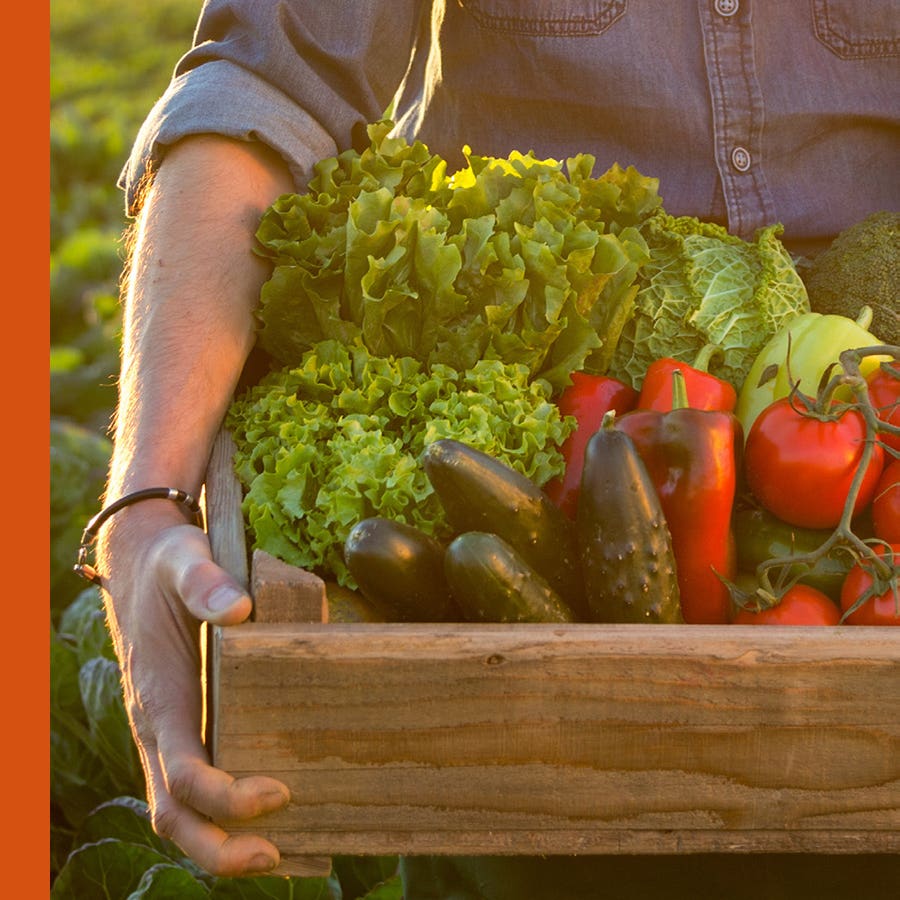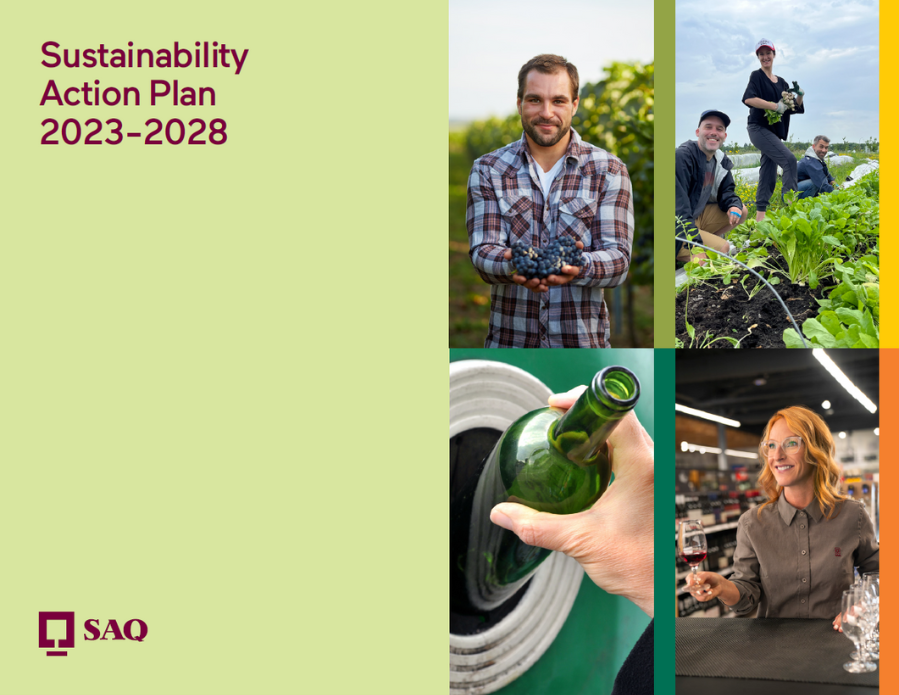

SUSTAINABLE DEVELOPMENT
More than a question of taste.
We are committed to doing good and to doing more for Quebec.
It’s widely understood in Quebec that beverage alcohol sales generate revenue essential for our major social projects.
Sustainable development is a hot topic these days and everybody expects businesses, in particular government corporations like the SAQ, to act responsibly and get directly involved.
Our resources
Shaping the SAQ of tomorrow
It is with this goal of moving the SAQ toward a more sustainable business model that we have identified the main challenges and studied our business environment, the better to develop the strategies required to make the transition a success.
 Access to SAQ Inspire personalized services and store inventories are unavailable at the moment.
Access to SAQ Inspire personalized services and store inventories are unavailable at the moment. Free in-store delivery with purchases of $75+ in an estimated 3 to 5 business days.
Free in-store delivery with purchases of $75+ in an estimated 3 to 5 business days. 




